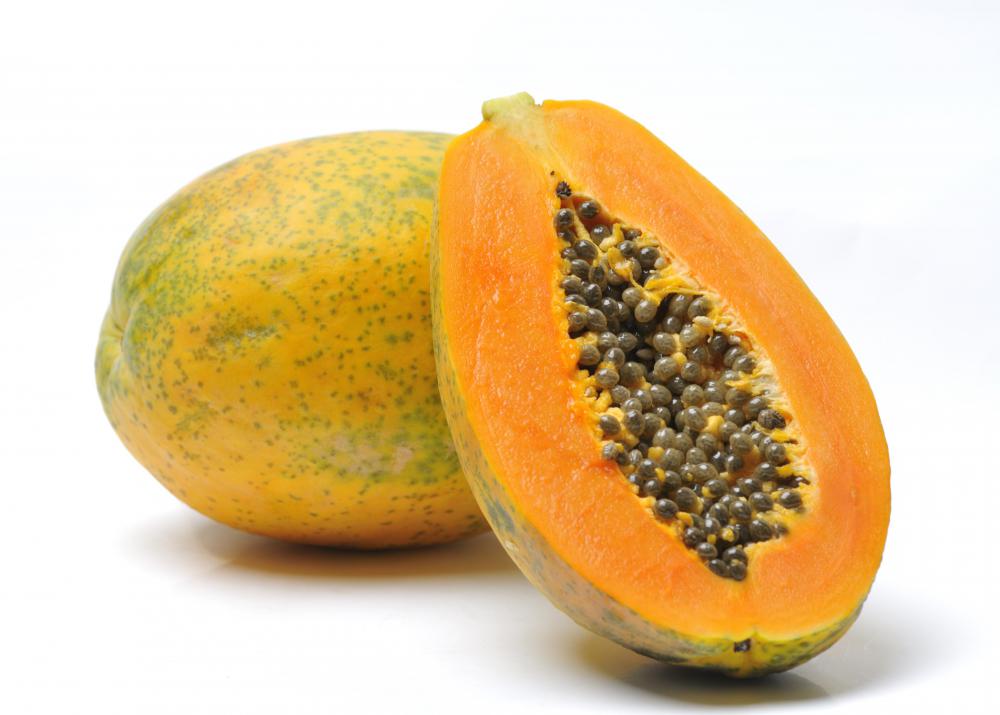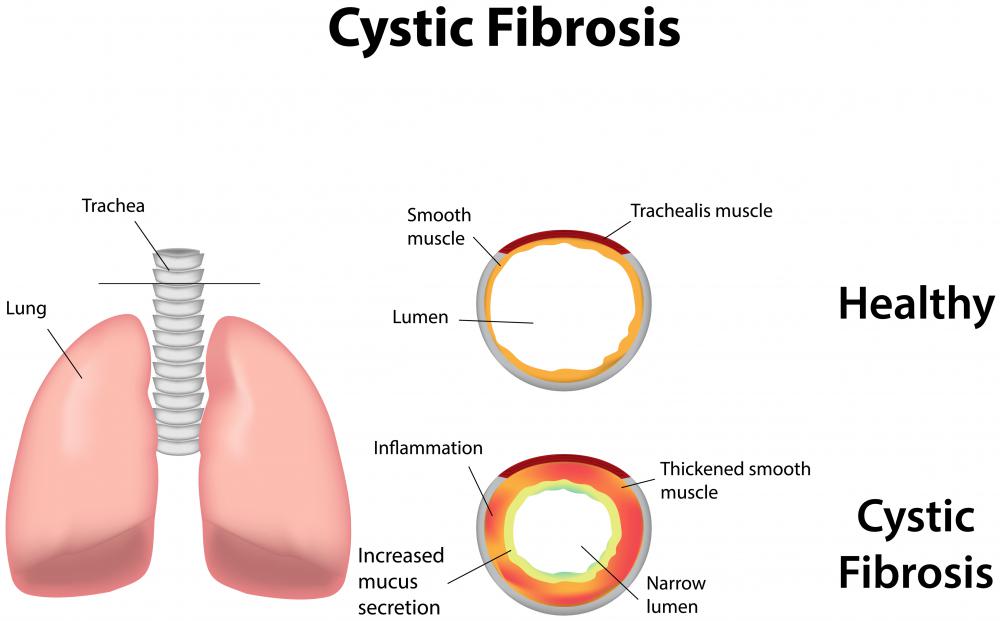At TheHealthBoard, we're committed to delivering accurate, trustworthy information. Our expert-authored content is rigorously fact-checked and sourced from credible authorities. Discover how we uphold the highest standards in providing you with reliable knowledge.
What is Enzyme Therapy?
Enzyme therapy involves the administration of enzymes into the body to treat disease, deficiencies, and other conditions. Enzymes are macromolecules that speed up biological processes in the body and work to digest food, cleanse the blood, break down toxins, strengthen the immune system, reduce stress in the pancreas, and build protein muscle. In other words, enzymes make things happen.
Enzyme therapy, also known as systemic enzyme therapy, is used to treat a variety of conditions. It refers to the process of enzymes flowing through the body, producing beneficial, healing changes. It’s most often used by alternative health practitioners but is also used in mainstream medicine via asparaginase, an enzyme used in chemotherapy. This therapy may be used in the treatment of cystic fibrosis, pancreatic insufficiency, and to treat certain cancers. Enzymes can be taken intravenously, topically, or orally via pills or capsules.

Enzymes used in therapy can be divided into pancreatic enzymes and plant enzymes. Pancreatic enzymes used in enzyme therapy are derived from an animal source. These enzymes work to promote healthy immune and digestive systems. Plant enzymes are sourced from food, like pineapple and papaya, and work to make the digestive system run efficiently. Besides digestive enzymes, there are also metabolic enzymes that build new cells and repair damaged ones throughout the body.

Another type of therapy, called enzyme replacement therapy, is used to supplement people who have enzyme deficiencies. Cells in the body are capable of producing 10,000 different enzymes, yet some people have bodies that fail to produce this amount. Enzyme replacement therapy ensures that the body has enough enzymes to be beneficial. In this therapy, they are usually administered via an intravenous infusion.

The medical community is divided on whether this type of therapy is a reliable method of treatment. There is little to no evidence supporting the success of supplementing the body with enzymes. Though many studies and tests have been conducted, none have been sufficiently unbiased to be considered generally reliable by the medical community.
Proponents claim that there are positive results from the use of enzyme supplements. Among the benefits claimed by those who encourage use of enzyme supplements include symptom relief for ulcers and allergies, weight loss, strengthened immune system, and improved circulation.

Some alternative practitioners see hope in enzyme therapy, which has proven successful in extending the lifespan of people with pancreatic cancer. Pancreatic enzymes may have high cancer-fighting properties that work similar to chemotherapy by keeping tumor cells from dividing and spreading. In this form of treatment, patients supplement with enzymes but also eat a minimally-processed diet, take plenty of vitamin and mineral supplements, and detoxify their body with coffee enemas to remove any waste materials from the liver.
Enzyme therapy was first used by a Scottish scientist, John Beard, in 1902. Dr. Edward Howell introduced the treatment to the United States in the 1920s.
AS FEATURED ON:
AS FEATURED ON:















Discussion Comments
@heavanet- My grandmother has a lot of digestive issues that include inflammation of the colon. Her doctor prescribed a regimen of enzyme therapy several years ago, and she has had positive results. Her symptoms have been less severe, and she feels better since she has been taking this alternative treatment.
Though no one should attempt this type of treatment for specific illnesses without first consulting a doctor, I do think that enzymatic therapy has the potential to offer beneficial results to a lot of patients.
Does anyone have some first-hand experience with enzyme therapy for inflammation in the stomach, and if so, how effective was it? I think that when it works, alternative therapies like this have a lot to offer patients, especially those who don't respond to typical treatments.
Post your comments